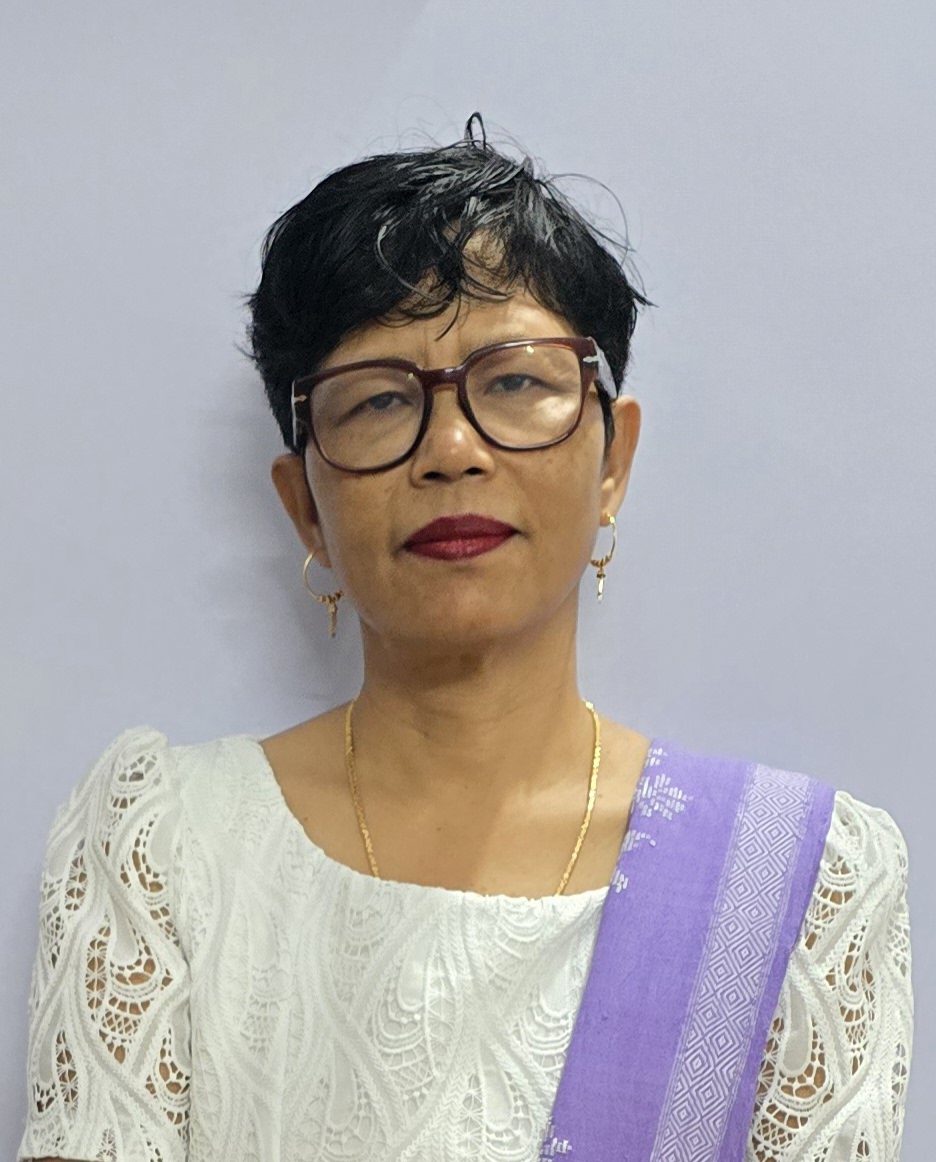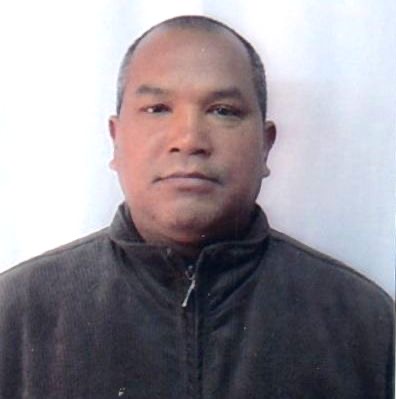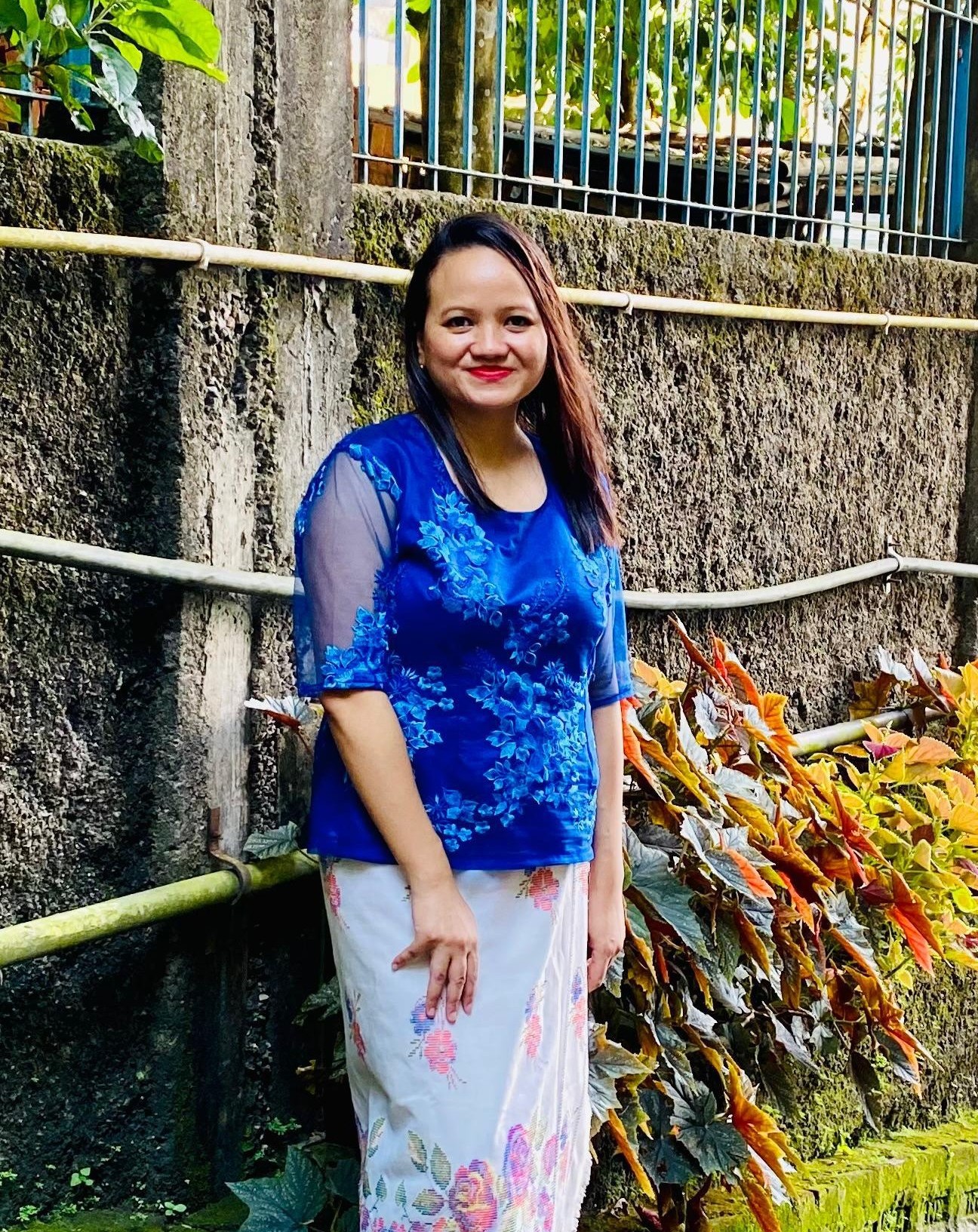
Vision & Mission
The Department of Garo is set to pursue academic exploration in the fields of Garo literature, preservation of the Garo language, culture, and traditional knowledge systems of the tribe. It shall strive to uphold the legacy of the Garos or A·chiks through research-driven teaching, documentation, and public engagement. The Department envisions to integrate literature, oral practices and performances for a more effective and vibrant experience of literature and life. It shall relentlessly work to preserve, sustain and enrich the existing Garo literature and traditional oral heritage of the Garo. It shall endeavour to strengthen the cultural identity of the Garo community and work towards ensuring that the language, folklore, and cultural practices are preserved, revitalized, and passed on to future generations in both oral and written forms.
Core Objectives
To enrich the existing Garo literature and to encourage documentation of the rich oral traditions including performances.
To embark on an active linguistic research and documentation.
To foster in-depth ethnographic studies of the customs, social practices, rituals, and traditional institutions of the Garos.
To record, archive, and study Garo folktales, songs, myths, festivals, and medicinal practices.
To support interdisciplinary and indigenous research that bridges Garo oral literature with modern literary and cultural theory.
To facilitate digital preservation using modern software tools, creating language corpora, and compiling dictionaries and story archives.
To instil a deep sense of cultural pride and ownership among young learners and the wider Garo-speaking population.
To bring into its fold those interested in Garo literature and research associated with Garo tribe from the Garo communities living across the border in Bangladesh and other states of our country and provide access and opportunities for them to enrol in Masters and PhD Programmes.
Academic Programmes
The department offers comprehensive postgraduate, and research (PhD.) programmes, besides monitoring the undergraduate colleges affiliated to the University, and is designed to:
Build strong foundations in the Garo literature, language and culture.
Encourage critical reading of the Garo prose, poetry, and dramatic literature.
Provide tools for linguistic analysis, translation, and comparative literature in the Garo language.
Offer hands-on training in field research and documentation methods in the Garo language.
Integrate the oral, performative, and material culture of the Garo community into academic study.
Research, Documentation & Preservation Initiatives
The Department of Garo will actively lead and support:
Field-based documentation of endangered dialects/varieties, folktales, myths, lullabies, ritual songs, and storytelling traditions.
Linguistic preservation projects, which will include the development of Garo grammars, audio dictionaries, and transcription of oral stories.
Cultural preservation programmes, documenting Garo festivals (e.g., Wangala), dances, attires, traditional knowledge systems, and healing practices.
Archiving of manuscripts, rare Garo writings, and early publications in the Garo language.
Digital tools and platforms, including use of ELAN, Praat, and other open-source tools for speech and tone analysis of Garo.
Community engagement projects, collaborating with village elders, youth groups, and schools to ensure participatory preservation efforts.
Collaborations & Outreach
To work in partnership with local communities, cultural associations, NGOs, and academic institutions.
To organise seminars, cultural exhibitions, translation workshops, and language technology training.
To publish research papers, edited volumes, and community-based documentation projects.
Conclusion
The Department of Garo, Captain Williamson Sangma State University, is more than an academic unit — for ingrained in it is the sense of responsibility and contribution towards stewardship of the identity, culture, memory, and the written and oral literature of the Garo tribe. With a deep commitment to research and innovation, it will ensure that the Garo language, customs and traditions not only survive but thrive in a fast-changing world.
It will work hard to be a department where the past is remembered, the present is studied, and the future is prepared — for the Garos, by the Garos, and with the world.
Department Information
Email: head[dot]garo[at]cwssu[dot]ac[dot]in
Mobile: +91-9876543210
Courses Offered:
- Ph.D. in Garo
- M.A. in Garo Literature
- Certificate Courses


